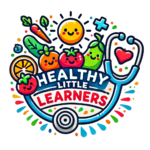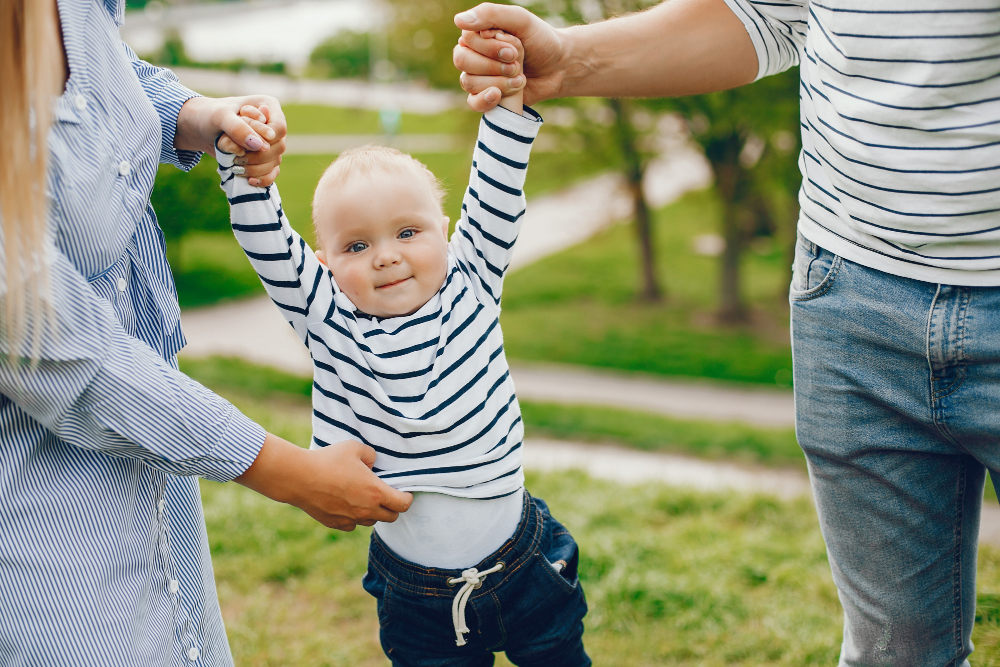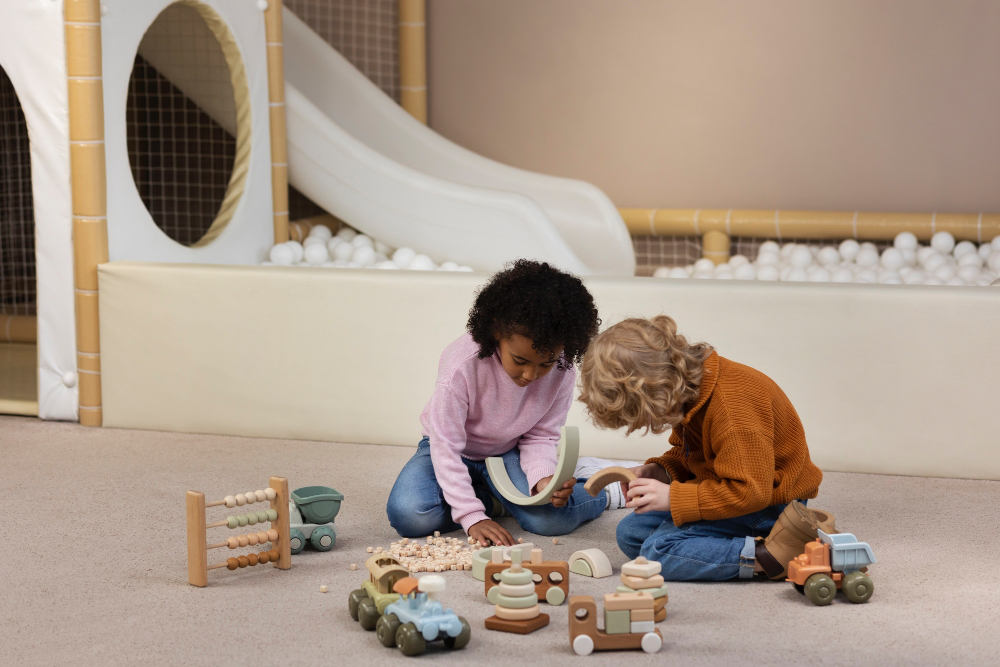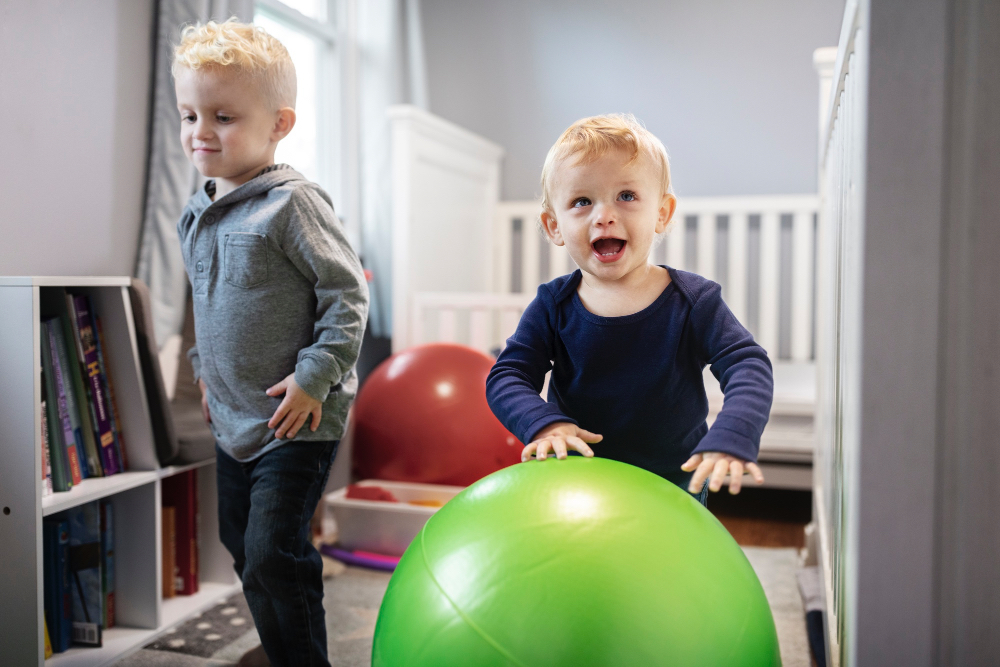As a parent, witnessing your baby’s first milestones is both exciting and reassuring. Understanding these baby developmental milestones offers insights into your baby’s growth, from their physical abilities to their cognitive and social development. While every baby grows at their own pace, having a general understanding of these milestones can help you support your child’s journey.
Physical Milestones: What to Expect
Your baby’s physical development is one of the first things you’ll notice as they begin to reach important baby developmental milestones. These milestones include rolling over, sitting up, crawling, and eventually walking. Each of these baby developmental milestones typically occurs within specific age ranges, helping you track your baby’s growth:
- Rolling Over: Usually around 4-6 months. This is one of the first significant movements, signaling that your baby is developing muscle strength.
- Sitting Up: Around 6-8 months. Sitting independently shows that your baby’s core muscles are getting stronger.
- Crawling: Typically starts between 7-10 months. Crawling is a major milestone as it enhances your baby’s coordination and motor skills.
- Walking: Most babies take their first steps between 9-15 months. Walking marks the beginning of a whole new level of independence.
Tips for Encouraging Physical Development:
- Provide plenty of tummy time to build upper body strength.
- Encourage your baby to reach for toys to stimulate movement.
- Create a safe space for your baby to explore and practice new skills.
Cognitive Milestones: Building Blocks of Learning
Cognitive baby developmental milestones are crucial as they reflect your baby’s developing brain. Recognizing familiar faces, responding to their name, and beginning to understand object permanence are key baby developmental milestones that indicate your baby’s cognitive growth.
- Recognizing Faces: Around 2-4 months, babies begin to recognize and smile at familiar faces, showing early social and cognitive development.
- Responding to Name: By 6-9 months, most babies will start to respond when you call their name, indicating their growing awareness and understanding of their surroundings.
- Object Permanence: Around 8-12 months, babies begin to understand that objects continue to exist even when out of sight, a critical cognitive development stage.
Supporting Cognitive Growth:
- Play peekaboo to reinforce object permanence.
- Talk to your baby frequently to help them connect words with objects and actions.
- Offer age-appropriate toys that challenge and stimulate their thinking.
Social and Emotional Milestones: Connecting with Others
Social and emotional milestones are crucial as they form the foundation of your baby’s ability to interact with others:
- Smiling and Laughing: By 2-3 months, your baby may begin to smile in response to your voice or smile. Laughter soon follows, which is a great indicator of happiness and emotional engagement.
- Separation Anxiety: Around 6-9 months, babies often experience separation anxiety, which is a normal part of emotional development as they become more aware of their surroundings and the absence of familiar faces.
- Showing Affection: By 9-12 months, babies often start to show affection, such as hugging or reaching out to be held, reflecting their growing attachment to caregivers.
Encouraging Social and Emotional Development:
- Respond to your baby’s smiles and coos with enthusiasm to reinforce positive social interaction.
- Provide comfort during periods of separation anxiety to help them feel secure.
- Engage in regular playtime that involves eye contact and interaction.
Language and Communication Milestones: First Words and Beyond
Language development is a significant part of your baby’s milestones. These include cooing, babbling, and eventually saying their first words:
- Cooing: Around 2-3 months, babies start cooing, which is their way of experimenting with sounds.
- Babbling: By 6-9 months, your baby will likely start babbling, combining consonants and vowels like “mama” or “dada,” even if they don’t understand the meaning yet.
- First Words: Typically between 10-14 months, babies may say their first words, such as “mama,” “dada,” or simple words like “ball” or “bye-bye.”
Promoting Language Development:
- Talk to your baby throughout the day to expose them to language.
- Read books with simple words and pictures to encourage word recognition.
- Sing songs and nursery rhymes to help them learn the rhythm and flow of language.
When to Seek Guidance: Understanding Developmental Delays
It’s important to remember that all babies develop at their own pace. However, if you notice that your baby is significantly behind in reaching these milestones, it might be beneficial to consult with your pediatrician. Early intervention can be crucial in addressing any developmental delays and providing the support your child may need.
Signs to Watch For:
- No attempt to roll over by 6 months.
- No response to their name by 9 months.
- Not sitting up by 10 months.
- No babbling or attempt to imitate sounds by 12 months.
Conclusion: Celebrating Your Baby’s Progress
Remember, these milestones are just general guidelines. Every baby is unique, and their development will happen in its own time. The most important thing is to celebrate each small victory and enjoy the journey of watching your baby grow and learn.
By understanding and supporting your baby’s milestones, you’re helping them build a strong foundation for future growth and development.



